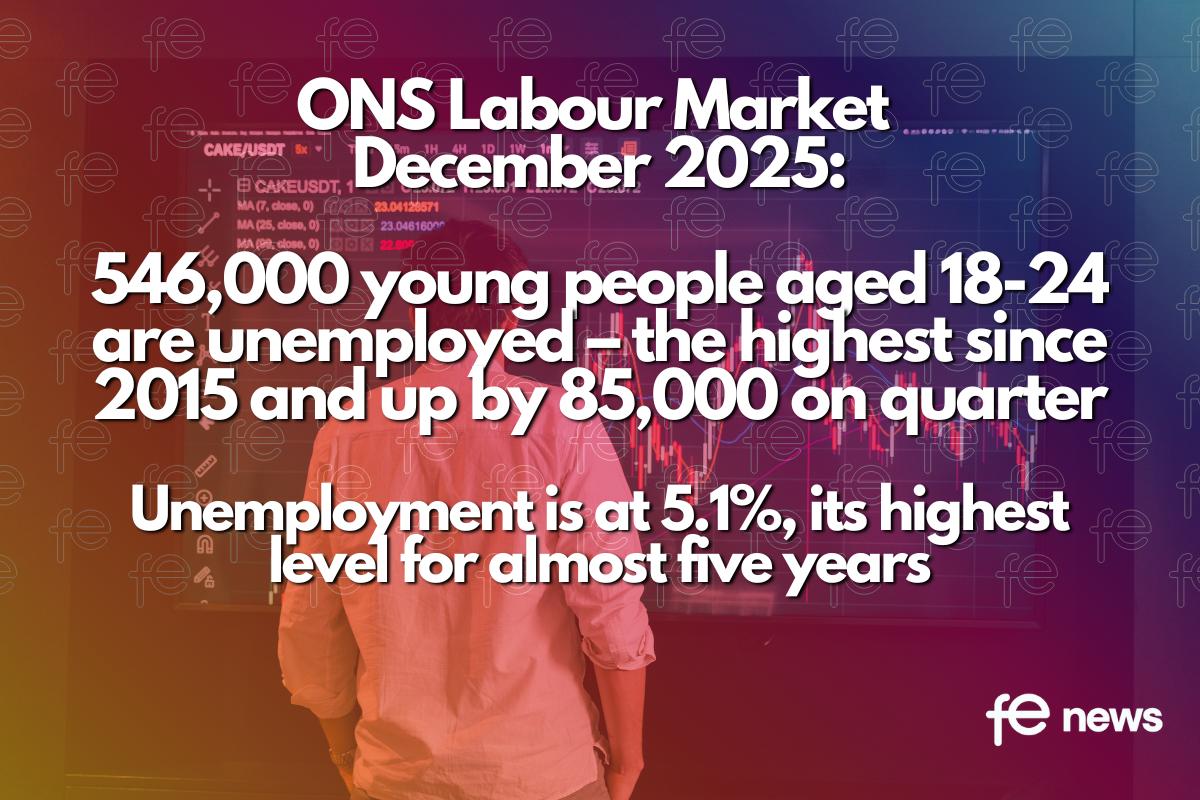Ben Sweetman: Challenges for expanding higher and degree apprenticeship and the impact of the Apprenticeship Levy

QA is a specialist, we work in technology, digital business, that’s been our heritage for 25 years, and we started diversifying into apprenticeships and higher education about 10 years ago. We’ve now got 5,500 apprentices on the programme and the interesting thing about that, and I think this is driven by the sector we serve, is about 1500 of those are on Level 4 programmes, so higher apprenticeships and now about 400 of those are degree apprenticeships.
We deliver our degree apprenticeships as collaborative provision with the University of Roehampton, South West London, and I hope I can give you a sense of how we are approaching things that might be slightly different because of that.
The first one of those is fundamentally, we found that a lot of our Level 3 and Level 4 apprentices did those initial apprenticeships and then they got stuck. Lots of them had the ambition to go on to higher education but felt there wasn’t an offer that suited them, wanting to stay with the same employer and progress their career there.
That’s been our real focus, and I think in terms of social mobility that means that we are starting from a very different point. We want to provide a seamless journey, whether people start with us on a traineeship, a Level 3 apprenticeship, or whatever, they’ve got a really clear route that they can stay with us and go all the way through, now to an undergraduate degree and hopefully to the Masters programme after that.
What the challenges ahead are going to be:
I think in terms of turning a challenge into a massive positive, I think it’s going to be driven by the fact there will be high growth over the next 3 to 5 years in degree apprenticeships as we see them, I think the first thing is they are probably the best thing to hit the education system for a long time, and certainly employers have been telling us that for the last 2½ years, they’ve said this is something we’ve massively been waiting for.
We feel it fits the tech sector perfectly, that blend of technical skills with conceptual academic knowledge to give a kind of greater view to progress. I think the Levy has acted sort of like an amplifier for that. It’s turned what would have been two apprentices into five, and fives into tens, because it’s brought employers to the point where they go, we’ve got this and we want to make best use of it. So I think it’s going to be a positive challenge.
Certainly one of the things, when I look at this fast moving space, that I would like to see is greater focus on designing, not just content of standards but the whole way we deliver degree apprenticeships more around employers. So examples for us, when talking to our employers, have been focused on blended learning. We’ve certainly gone with an approach of year round teaching, that’s 48 weeks a year. Also year round start points, so there’s no point at which you can’t start a degree apprenticeship, and we think that’s crucial, because that’s how our employers work.
Similarly it’s that real sense of up-to-date content, but also innovation in teaching and learning, so thinking about how we make all of the assessment as close to work as possible, and contextual, and then immediately useful back in the workplace. I think those are real things that employers tell us beyond the content.
This business to business sales and marketing is so fundamentally different to the traditional, effectively B2C model of undergraduate, and even to some extent the postgrad market. Just to give you a sense, across that 5,500 apprentice community we have, we’ve actually got over 150 people working just in sales and marketing on apprenticeships in QA, which I’m guessing is quite different to most universities.
There’s two things that we come to see, particularly since the Levy:
- It’s started to become more of a procurement led activity, lots of tenders, bids, much more structured processes around apprenticeships than there ever were before, that’s been a whole new skillset for us in apprenticeships that we didn’t build before. But still the small and medium business environment for us, is about half of our community work for small businesses, that is still massively resource intensive. What’s that, 3,000 apprentices nearly, the average employer / apprentice ratio is 1.7 apprentices per employer, so that field force of sales people we have are a huge part of making this happen, particularly once you get outside the real big boys.
- And the second one, I think, is building delivery capability, you know, it’s a collision of two worlds this, and we’ve worked really hard up to now, but see it getting more difficult to bring that combination of academics and industrial people to deliver this kind of programme, which is really unique.
Ben Sweetman, Business Development Director at QA
 Executive Job Advertising Bundle
Executive Job Advertising Bundle 










Responses